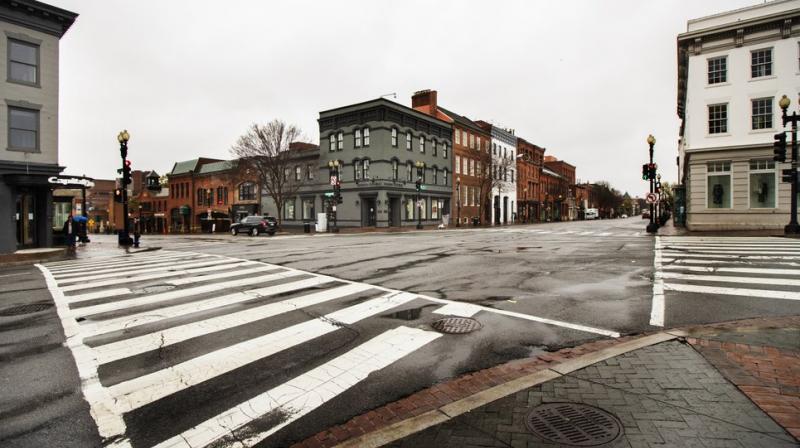Amid fight against covid19, fears for civil rights mount
So far, judges have rejected the few legal challenges to state restrictions

Chicago: The orders seem prudent in the bid to thwart the spread of the novel coronavirus, Don’t go out, don’t gather with others and keep your stores closed.
But growing segments of the U.S. population say state and federal governments are trampling on freedoms central to American life in the name of protecting public health.
The case is already being made. A church-goer in New Hampshire says prohibitions against large gatherings violate her religious rights.
A Pennsylvania golf course owner argues that gubernatorial edicts shuttering his business amount to illegal seizure of his private property.
If civil libertarians aren’t yet sounding alarms, many have their hands hovering over the button.
“So far, we haven’t had draconian methods, like armed police blocking people’s movement in the streets, surveillance and phone tapping,” said Larry Gostin, a public health lawyer at Georgetown University. “But we are seeing lockdowns of millions of citizens like we have never seen before.”
Responses are no longer as severe. But thousands of Americans are already confined to their homes under threat of fines and even jail. Businesses are losing thousands of dollars. Workers are laid off.
One man infected with the coronavirus in Kentucky recently left a hospital and refused to quarantine; an armed county deputy was posted outside his home to ensure the 53-year-old stayed put.
Authority to order shutdowns and quarantines inside states rests almost entirely with states under provisions in the U.S. Constitution ceding power not explicitly delegated to the federal government to states.
The federal government itself can’t order nationwide quarantines or business closures, courts have ruled over the years.
It does, however, have clear power under constitutional clauses regulating commerce to quarantine international travelers or those traveling state to state who are suspected of carrying an infectious disease.
Laws spelling out what steps a state can take during a pandemic can be complex and difficult for judges to sort through. Some haven’t been updated in decades, according to a report by the Congressional Research Service.

